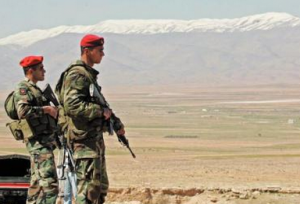Reliable security products and services have become an essential part of business travel for Multi-National Corporations
You only have to pick up a newspaper on any given day to see that globe-trekking executives face more travel security risks than ever before. Multi-National Corporations operate where the resources are, and the resources can be in dangerous, insecure places, where both crime and terrorism are daily concerns.
Take the Niger Delta, for example. In just the past few weeks, a new militant group has trained its sights on the region’s major oil and gas MNCs. The attacks disrupted crude oil production, but they didn’t change the need for high-level executive travel to the facilities there. And they only heightened the need for comprehensive and effective travel security services. Along with the string of attacks, the militants announced that corporate offices and company staff might be targets, too.
Choosing the right travel security services
But recognizing the need for enhanced security and responding appropriately are two different things. The services and products needed to ensure travel security vary widely from one company to another, and from one location to another. It is critically important to pick the right vendor and choose the most relevant travel security services and products to ensure the travelers’ safety. “Security management should always make sure the right personnel and operational approach are implemented, tailored to the task’s itinerary,” MAX Chief Operations Officer, Mr. Shachar Kenion, explains. In other words, it takes planning, flexibility, know-how, and onsite experience to pull it off.
Using Nigeria as an example again, travel security services need to take into account the fact that different parts of the country call for different secure transportation missions. Travel from the airport in Lagos or Abuja calls for both a trained driver and an escort vehicle carrying armed police officers. Transportation on Victoria Island or Lagos Island is free from the high risks of the mainland, and an armed escort is not needed.
Details like that matter. So do the details involved in selecting the right travel security services. Here are some key factors to consider.
The roadmap for finding the right security service
- Customization. No two operations are the same. But there is one thing every operation has to have. Customized solutions, tailored to the client’s specific needs, the location’s specific risks and challenges, and the client’s precise objectives. A customized plan for travel security services begins with risk assessment services that can include Master Security Plans, Risk Threat Vulnerability Assessments, Investigations, and Hotel Security Assessments, leading to the implementation of security plans. Those plans might include such elements as executive protection, secure transportation, evacuation and contingency planning, hotel security reviews, and medical support, among others.
- An ‘in’ with the locals. Often, it comes down to who you know. Or who your security services provider knows, to be precise. That means knowing the locals who have the most reliable information – and knowing how to find them, connect with them, and work with them at every phase of the operation. In fact, there is no more valuable resource for a service provider. Or the clients they serve.
- Laying the Groundwork. Sometimes a security operation can’t wait for the traveler to arrive before it has to move into gear. It may be necessary for an advance team to get on the ground early to learn the lay of the land, connect with all of the onsite resources that the client will need, and identify and address any issues that could get in the way. That is especially true in a volatile region where unexpected risks can flare up quickly. An advance team can get on top of current conditions and factor the most up-to-date intelligence into both planning and the operation itself.
- Personalization. The point of travel security services and products is to ensure safety, of course. But the best operations don’t stop there. They also support the client in the actual purpose of the trip – conducting business. Sometimes that means smoothing the way through bureaucracies or legal hurdles, or providing translation services. It comes down to making sure the client will not only be safe but also able to conduct business seamlessly at all times. Comfort counts, too. In fact, it is necessary, because the friction that comes from foreign travel can undermine the goals of the visit.
- Don’t settle for less than the best. The big picture matters, just as the details do. Behind each successful operation there needs to be absolute professionalism throughout the chain of command, and unfailing communication with the client and provider personnel alike. Onsite, there has to be a mission leader who knows every detail of every route and building layout. The locations of hospitals and police stations. The exits and entrances of every building in use. And how to make the right decisions in a split second if an emergency arises. There has to be vigilant and consistent supervision from above, too, with company officers overseeing the quality and efficiency of the operation and back office staff providing all needed logistical real-time intelligence support. And there has to be timely and reliable communication with the client’s own security management team at every step of the operation to keep them in the loop.
Obviously, choosing the wrong travel security services and products still might leave room to respond to risks that arise. But the right choice will mean totally avoiding those risks in the first place.

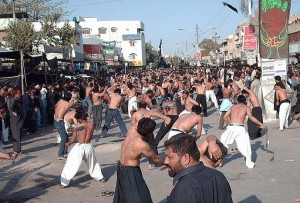
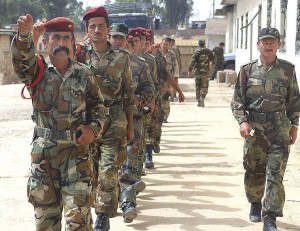
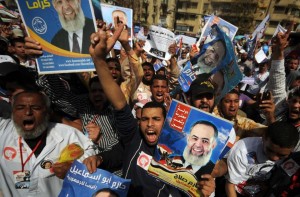
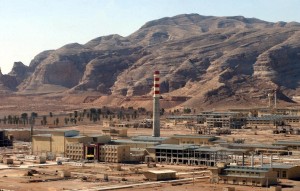
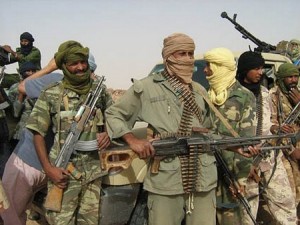
![jos nigeria[3]](https://www.max-security.com/wp-content/uploads/2012/02/jos-nigeria3-300x196.jpg)

